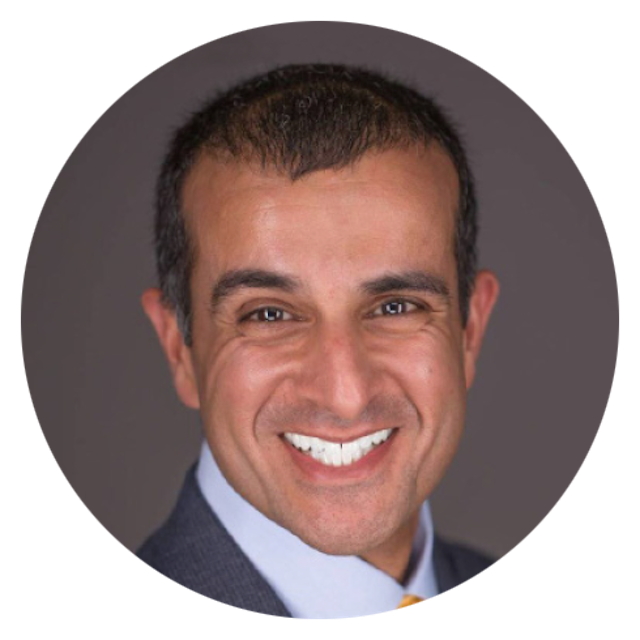Dr. Parag Kachalia, DDS, doesn’t think artificial intelligence (AI) will decimate the dental industry—in fact, he sees this emerging technology as a major benefit to the field—and one that may enable more humanistic interaction in the long run. During a presentation at Seattle Study Club’s 2021 Symposium, Kachalia explained how AI can benefit practitioners and patients alike. Here’s what he had to say:
While AI and the human compassion that drives medicine may seem at odds with one another, Kachalia says there can be a beautiful symbiosis between the two.
“AI is not about winning games. It’s hopefully about improving the world,” he says.
When it comes to dental procedures, Kachalia explains, AI can help practitioners reduce the possibility of human error.
“What if we could be assisted by AI as we’re doing procedures, so we’re truly in control and accounting for all the variables?” he asks.
Kachalia explains that AI has enabled medical professionals to make incredible advancements in terms of COVID, including bringing FDA-approved vaccines to market in the U.S. in under a year. These remarkable technologies, one would reason, could help act as an extra set of eyes in a surgical theater or help diagnose dental anomalies in a more efficacious manner than a dentist could alone.
Many of us have intraoral scanners in our offices, and for those of us who were early adopters, we’ve gone from taking 5 to 10 minutes to scan a single arch…down to one minute or even less with the help of AI."
“These may seem like simple improvements, but they make a tremendous difference in terms of the workflows we face.”
Kachalia notes that Denti.AI, OverJet, and SmileCloud—among the biggest players in the AI dental space—already enable dentists to discover caries and signs of periodontal disease, measure bone loss, and even gauge how natural a specific tooth shape will look on a given patient. Better yet, some AI systems, including OverJet, can compare radiographs and data in a dentist’s practice management system to ensure patients are getting the best treatment possible for their dental issues.
“You could be asleep at home and this is mining all your data sets in the background,” he explains.
The use of AI can even prove fruitful for dentists before a patient so much as sets foot inside their office. “Software programs exist today to monitor phone calls and make determinations for why a patient did or did not schedule…it can automatically comb through your database and find patients with unscheduled procedures that would fit into those time slots,” says Kachalia, who believes that many of these programs will eventually be able to schedule appointments by looking at past cancelations, and ensure that the doctor has the correct materials on hand for the procedure the patient is coming in for.
In time, these programs may even be able to detect serious diseases to ensure treatment is carried out in a timely manner.
“We can take camera-type devices that are connected to our phones, connect them over 5G, which essentially has zero latency, and we might be able to search for things like oral cancer…the patient is immediately informed that they should seek the care of a professional.”
However, AI isn’t without its detractors, and Kachalia underscores the need to build trust with patients before introducing AI into their treatment plan.
“The responsibility goes down to the level of the datasets being fed to the algorithms initially,” says Kachalia. “We shouldn’t use this data to manipulate decisions…health experts must be involved to gear decisions from a health standpoint, not a financial standpoint.”
Instead of a robot making decisions in lieu of a medical professional, “It is a second set of eyes that never gets tired and is always willing to provide an opinion.”
While some may see AI as coming between the patient and practitioner, Kachalia believes AI may actually enable dentists to have more human connection with those under their care.
When the pandemic is over, Kachalia predicts that rushed patient interactions will be replaced with more patient-centric care, and that emerging technology can help facilitate this change.
“This human element is what I believe is truly going to return to a great degree,” he says. “And AI’s going to help us get there.”
 By:
By: 



